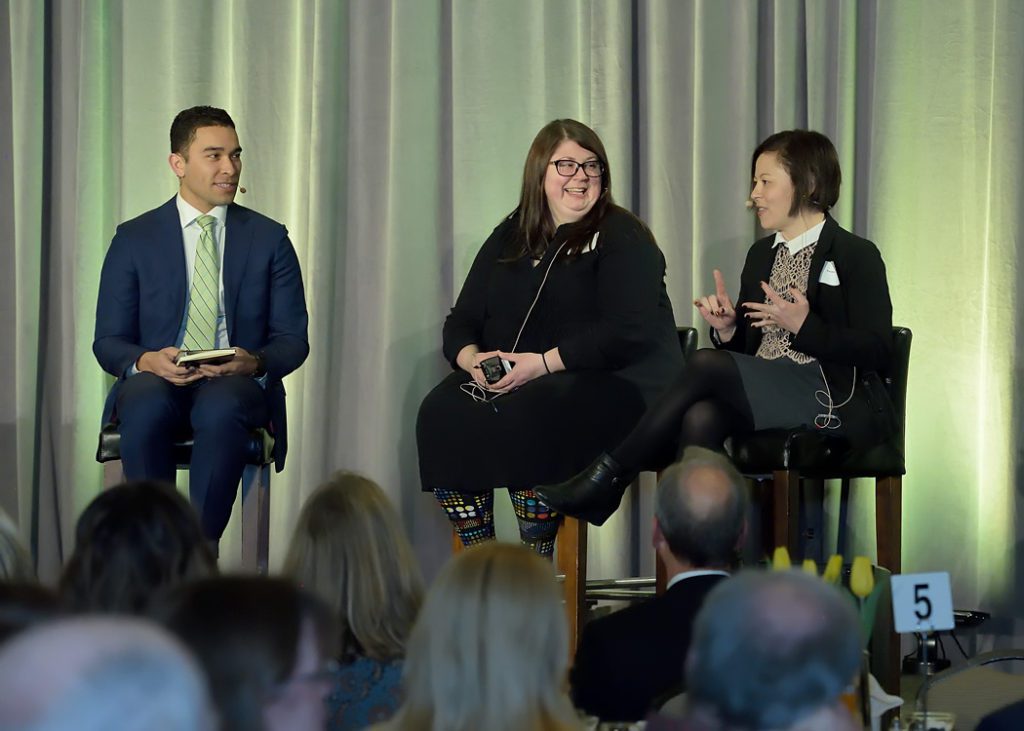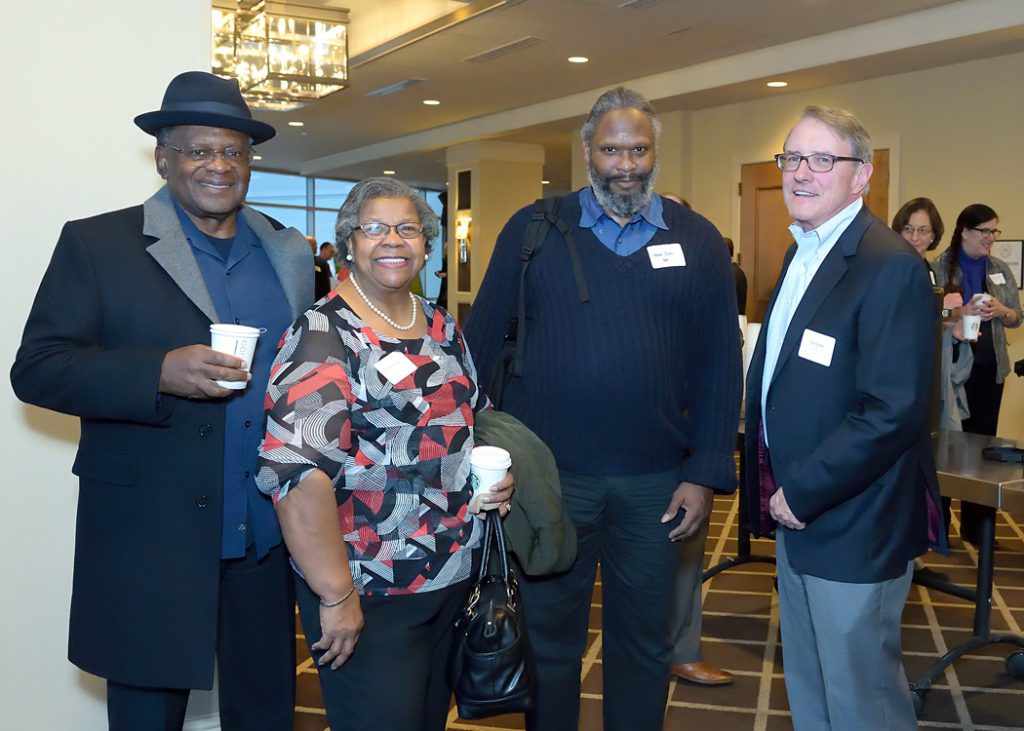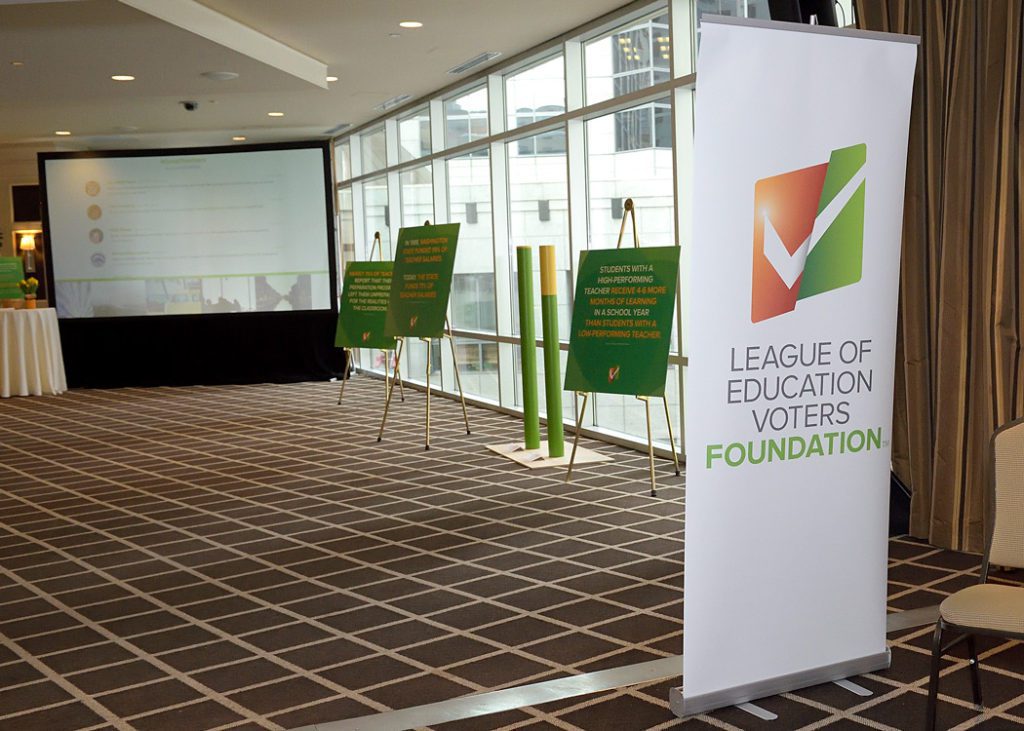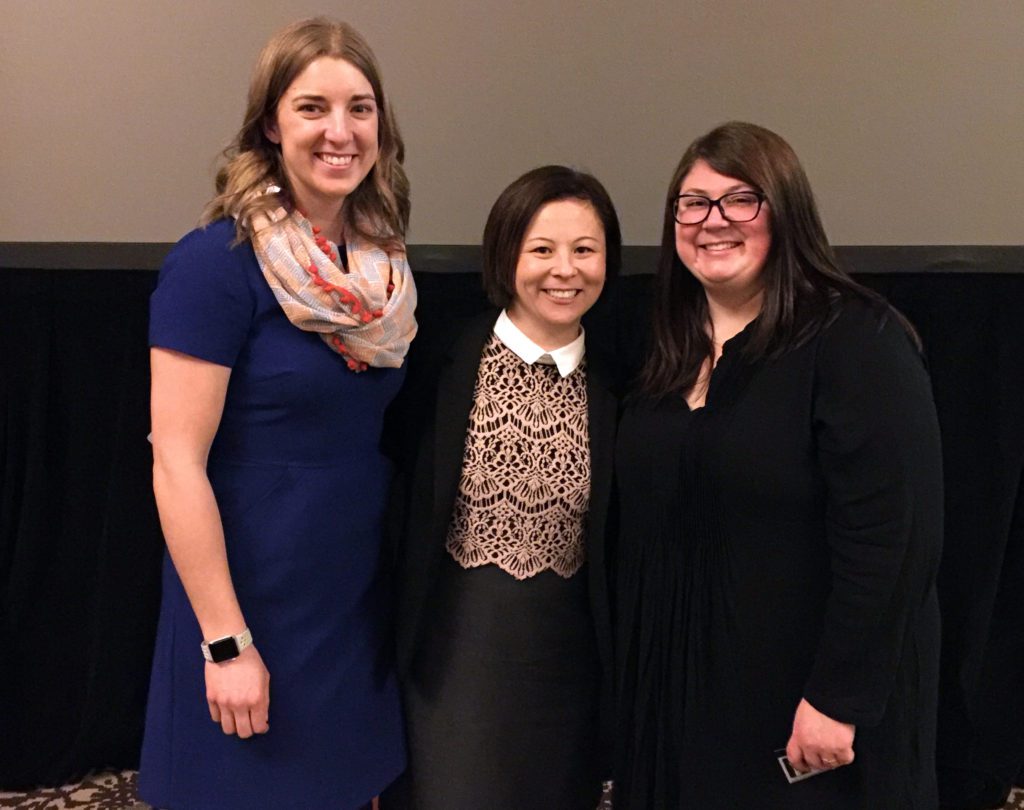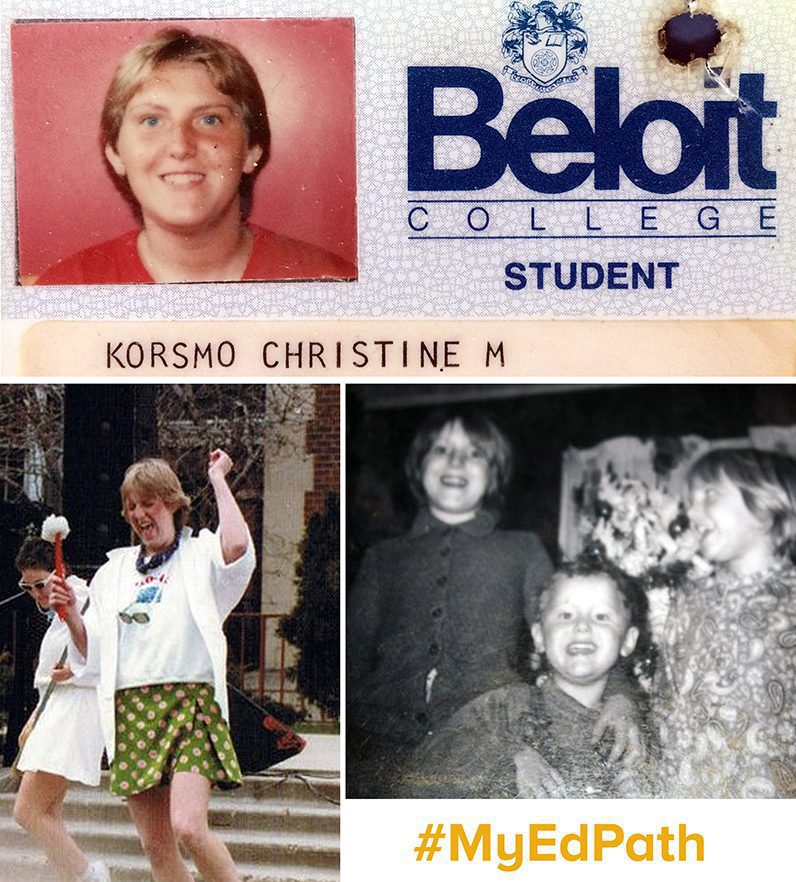The Value of Early Childhood Education
 By Matthew O’Connor, Guest Blogger
By Matthew O’Connor, Guest Blogger
I came to teaching at South Shore because of previous experience with Teach for America, working in a Head Start classroom in Houston with 3- and 4-year-olds. This inspired me to become an Early Childhood Education teacher.
I am a pre-K and kindergarten teacher at South Shore PK-8 in Rainier Beach. This is my seventh year teaching (fourth year at South Shore) and I work with five other colleagues, three lead teachers, each partnered with a full-time classroom teammate. Our vision for students begins with the belief that every student can be at grade level when they move on to first grade.
Moving forward from that belief, my team considers the reality that the American public education system does not mirror the histories or lived realities of students of color. To respond to this truth, we try to build classroom experiences that combine content and student identity in order to develop a good foundation of academic and social-emotional skills as well as a good sense of self and family. We hope that, in the future, this will allow them to tell their story of self in order to advocate for themselves and their community, reveal truth, interrupt bias, and encourage healing.
We loop with our students, starting with them as preschoolers at 4 years old, and stay with them as kindergarteners. Because of getting to work with our students for two years, we develop deep relationships between us. The students we have are very diverse, from multiple ethnic and racial backgrounds: immigrants, refugees, communities of color, many low income.
For most of our students, it is the first experience that they have with the American education system, and it is a privilege and a burden. It is a privilege because if we do our work right, they obtain a good foundation about what being in school means. They come to understand that the quality education that is their birthright includes a teacher who cares about them and listens authentically to their needs. They also know that this education includes discussions about what is happening in their community. They hopefully come to understand that it is school that must respond to their needs and the stories they bring—not the other way around. It is a burden to know that we send them off as six-year-olds and that they have twelve more years to finish their education, because they may not receive an education that continues to support them to be the best that they can.
Some projects that we do include a unit on developing preschoolers’ sense of self – we interview students about their favorite food, color, they create body shapes and mix paints to match their own skin color, we interview students and parents about their names, why they like their names and what their names mean. We also do two family projects. One is a family tree in which they identify family members in multiple generations. The other is a genetic one about students’ hair, skin, and facial features. Students write what they learn about their families, and what they learn is compiled into a book. At the end of the unit we have a publishing party where students share their work with their families.
Parents are also actively involved in our program. One way is that we invite them to give input on choosing the top 12 priorities that they wish to see students learn. Later they assess their children’s teachers on how they have done to implement these priorities into their children’s lessons. This is done through a tool developed by the Teaching Excellence Network. My team members and I also conduct Chalkboard Chats for parents on different topics – some are academic, focused on how to do a great read along with your children. For others, community experts were invited in to discuss issues of parenting—such as talking to young children about racial identity or what to do if you expect your student is exhibiting atypical academic or social behavior.
The value of early childhood education is that it gives children a good foundation on which to build for their succeeding years in school – besides academics, students develop a good sense of self and family, and learn that their actions, no matter how small, can help make the world better.
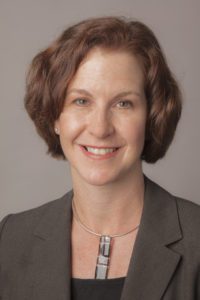 By Juliette Schindler Kelly, Director of Government Relations and Advocacy at the
By Juliette Schindler Kelly, Director of Government Relations and Advocacy at the 
